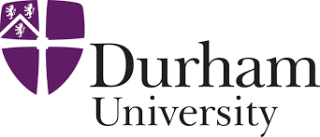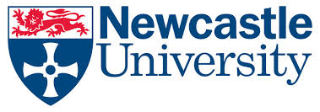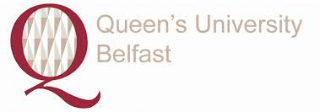Aims and outputs
Although compromise will be necessary, as a general principle, all parties involved in a collaboration should benefit. One of the challenges of any project involving different groups or organisations is ensuring everyone’s needs and expectations are met. This can be particularly difficult when academics collaborate with external organisations and public agencies. Although you share the same overarching aims for the project, different parties will have different views on how they should be achieved, and individual needs may be in conflict.
High on an academic’s agenda, for example, is to produce publications that are intended for (and may only be available to) an academic audience, but someone who wants to influence a particular policy – a non-governmental organisation representative, for example – will want to communicate their research widely, to a diverse audience, while a policymaker needs to present the evidence and rationale for changing the policy to senior politicians.
Even within a multi-institution project, arts and humanities academics are often used to taking sole responsibility for ‘their’ particular piece of research. Those who work in the policy sector, however, place less importance on authorship, and are used to producing work collectively, with input from multiple sources.
All three groups have needs that are at least partially in conflict, and that require different working styles and priorities. Here are some strategies for managing competing needs and workflows within a collaborative project:
- Clear communication is very important, as is good planning. Agree what the outputs will be at the project’s beginning, taking each other’s needs into account. It is important to keep good records, to avoid confusion down the line.
- Partnerships are usually a negotiated compromise. Be honest and realistic about which elements are truly non-negotiable for you, and approach everything else flexibly. Think laterally; look for solutions.
- The partnership should be reciprocal – establish what each party brings to the table, and help each other out. You will be able to provide academic weight and theoretical frameworks to press releases and briefings, while partners in public agencies or the third sector can provide access to their networks, and can give practitioner or ‘industry’ perspectives to academic publications.
- Different needs call for different outputs: you may need to plan for more than one output (e.g. a journal article, an exhibition, and a briefing paper)
- Remember than different outputs may suit different timeframes: for example, a presentation or workshop for stakeholders following initial results, a comment piece/briefing paper at a later stage, and a journal article or edited collection once the project is completed.
- Remember that as academics seeking to engage with policy, we are not always the experts. Be guided by those who know the sector well, and respect their professional judgement.



